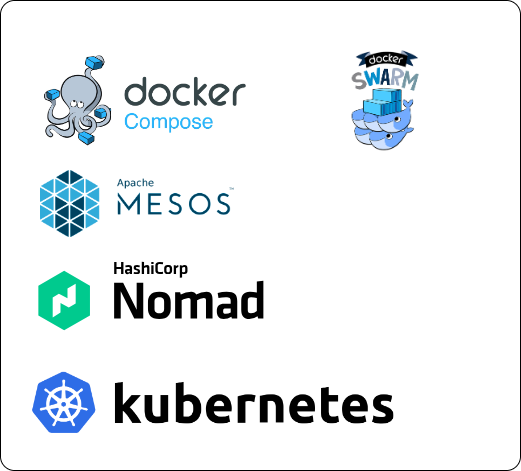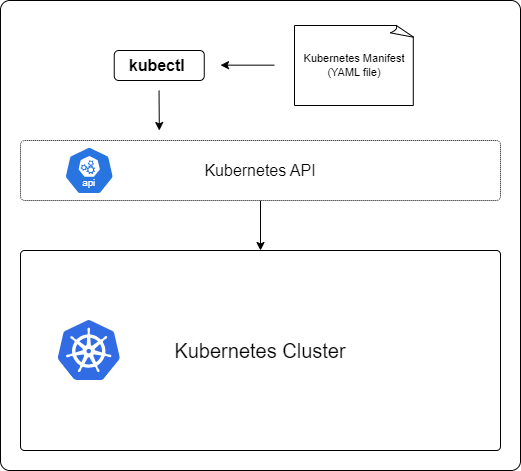Docker and Kubernetes
Introduction to Kubernetes

Frank Heilmann
Platform Architect and Freelance Instructor
Container Orchestration Tools

- Modern software stacks typically consist of potentially thousands of individual containers
- Managing all these containers is known as Container Orchestration, several container orchestration tools exist
- Kubernetes has an estimated market share well above 95%
Kubernetes for Orchestration
- Kubernetes solves the typical challenges of container orchestration,
e.g.,
- scheduling and networking (where to deploy a container and how to connect them)
- how to attach storage to a container
- To do that, Kubernetes interacts with Container Engines.

The Relationship between Docker and Kubernetes
- Often, Docker is your container engine of choice
- Kubernetes interacts with Docker as a container engine to schedule and maintain containers
- Docker is typically used for two tasks:
- creating and updating Docker images
- starting containers from such images
- Kubernetes never creates Docker images, you use Docker for this
Kubernetes Manifests
apiVersion: apps/v1
kind: Deployment
metadata:
name: nginx-deployment
labels:
app: nginx
spec:
replicas: 5
selector:
matchLabels:
app: nginx
template:
metadata:
labels:
app: nginx
spec:
containers:
- name: nginx
image: nginx:1.25.4
ports:
- containerPort: 80
- Kubernetes objects (e.g., containers) are described in so-called Kubernetes Manifests
- Manifests are YAML files that describe which objects you want, how they should be configured, where they should be scheduled, and a lot more
- Manifest are declarative, i.e., you describe what you want, or which state to achieve
- They are not imperative, you do not describe how to achieve it
kubectl

kubectlis a command line tool to interact with Kuberneteskubectlcomes with many commands and optionskubectlreads your Manifest, sends them to Kubernetes via its API, and Kubernetes will compute what to do to achieve the state you want- Pronounced cube cuddle ;-)
Let's practice!
Introduction to Kubernetes

